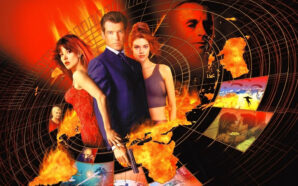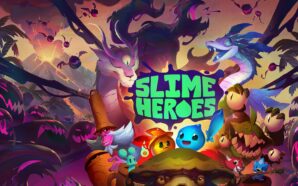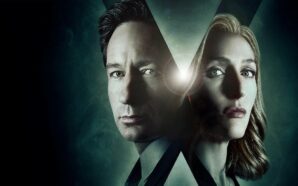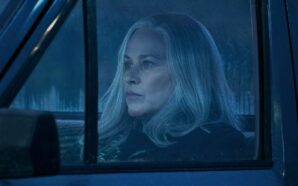Being a Star Wars fan is often exhausting and, increasingly, insufferable. The conversations around the new movies and shows are petulant and hyperbolic. Despite the occasional writings here, I’ve been cutting myself off from most Star Wars discussions, I’ve taken the Barash Vow from the fandom at large, to enjoy or not enjoy any new storytelling on my own terms. When it aired/released two years ago, the Internet was aflame with takes on Obi-Wan Kenobi, the long-gestating six-part series acting as a character-focused sequel to the prequels/prequel to the originals. I was conflicted on it myself, never quite coming to terms with what worked and didn’t work for me. So while the fandom does what it does and tears itself apart concerning The Acolyte, I thought I’d look back and revisit Obi-Wan Kenobi now that the dust has settled.
The show begins with the Star Wars equivalent of a school shooting. It’s a bold opening scene, and informative about the rest of the series: this will be a story about the effects of Order 66 on its survivors, and you better get some motion sickness pills because this show is going to use and abuse shaky cam. Although, the show actually begins with a four-minute recap montage. It feels less like a skippable recap glued onto the premiere and more like part of the actual show. We’re at a fascinating point in the lifespans of both Star Wars and Marvel when it comes to what prior knowledge is vital to enjoying new content, and Obi-Wan Kenobi is essentially a delayed fourth prequel and needs to let its audience know that right from the beginning.
I really wish the episodes of this show had titles rather than just being ‘Part I’ and so on. I prefer television shows to feel episodic, a complete chapter, rather than the extended movie model. The premiere could easily be called ‘The Itch’. It relates to a speech made by the Grand Inquisitor about how the Jedi just can’t help themselves, revealing their true nature to aid those in need. This is Kenobi’s struggle in the premiere and I think it’s handled well. I like how far they push his inaction, the suppression of his Jedi nature. The filmmakers commit to it fully, with his inaction leading to a Jedi’s death and he initially refuses to help Leia when hearing of her kidnapping. He’s a broken man.
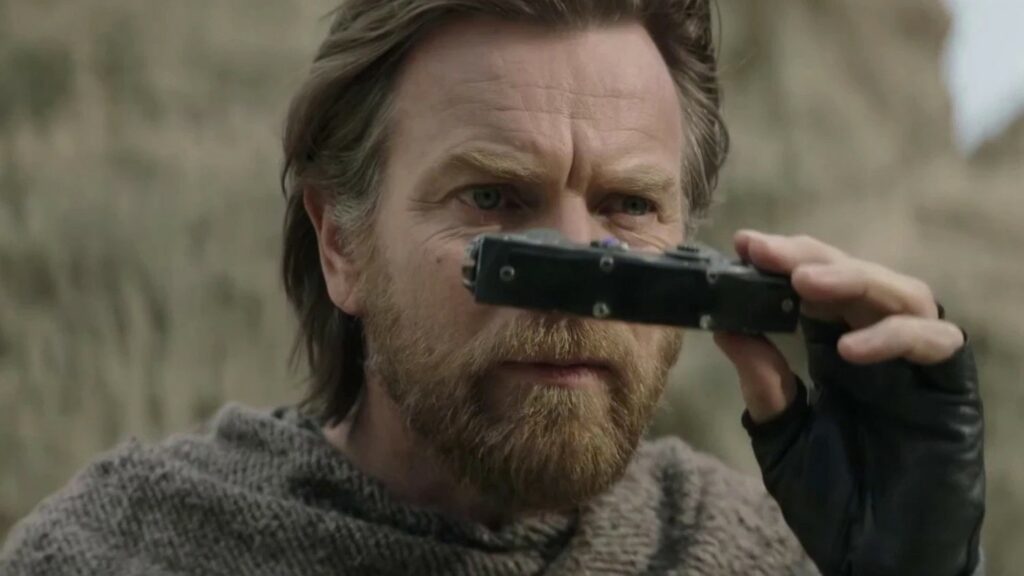
The premiere focuses on Kenobi’s isolation and loneliness. Given the rest of the show will challenge and change this current state of being, it’s a wise choice to have the opening episode be the longest of the series. I like the slow feel of the premiere; it matches the tempo of the man himself. This type of story with a legacy character is very common now, overdone, in fact, but it makes sense here. This has been the story of Obi-Wan for some time, but we’re only seeing it now. It’s a shame then that the characterisation itself feels tired after so many other characters, like Luke, have gone through a similar struggle in recent years, but it’s executed well. Ewan McGregor is good in the show as a more sombre Kenobi, although his highlights come in the later episodes, and his accent is different than the prequels. He sounds more English yet somehow drifts to American at times.
The story was clearly initially plotted as a movie and then changed to a series when Disney+ became the more viable option. This not only causes story issues, mostly contained to the show’s messy middle episodes, but character frustrations, too. For a movie, I’m fine with waiting until the third act before Kenobi gets his groove back but sitting through hours of episodes, releasing over weeks, Kenobi being dragged begrudgingly through the plot can grow dull. I like that he’s an out of practice fighter in these opening episodes, getting punched and stabbing his hand on a Zabrak’s horn, but it often feels like he does so little in his own show. Yet for a series that is so serious and dour, at least comparatively, I do always appreciate how Star Wars can mix the weird with the mundane. Kenobi might be depressed and stuck in a terrible job but at least that job is carving out the innards of a huge space whale.
One aspect of modern Star Wars I’m still not used to is that so much of it is produced in the United States. This rears its head most prominently in the casting and it’s just a personal hang-up of mine that hearing a clear LA accent takes me out of the show. Some of the supporting performances aren’t my favourites. I like Benny Safdie as a filmmaker an awful lot but I find his casting as a Jedi on the run, Nari, to be bizarre. It dampens what should be a powerful scene between him and Kenobi, as does the incessantly moving camera. In more weird casting… Flea. Although, he does a decent job in his limited role, and it doesn’t bother me as much as some cameos in The Mandalorian. Although It’s great to see Joel Edgerton return from the prequels as Uncle Owen. It’s great casting and I love that he’s always positive about returning to Star Wars.
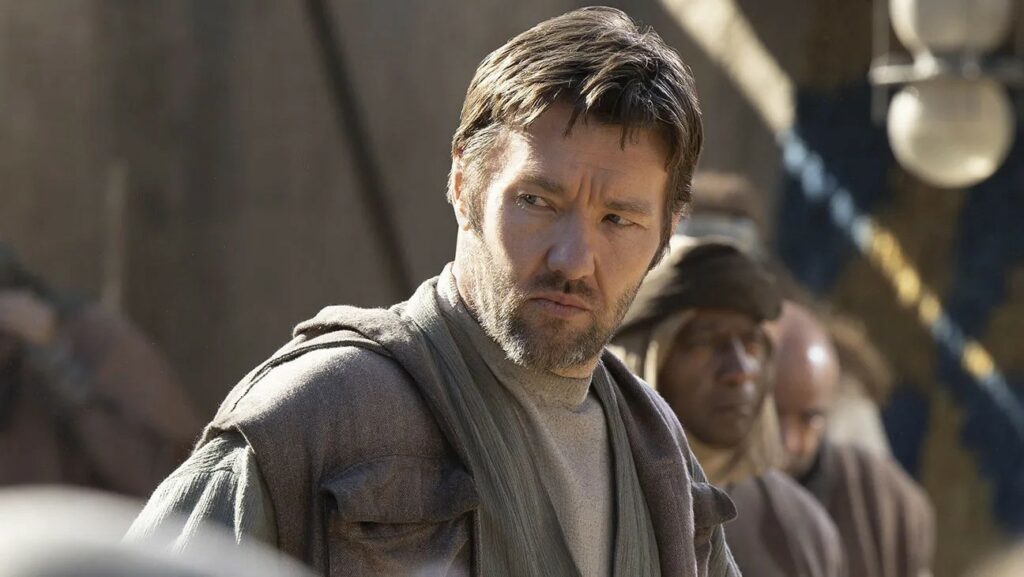
But if any actor is the star of Obi-Wan Kenobi it’s Vivian Lyra Blair. Before the show premiered, everyone was expecting this to be a story about Kenobi and Luke. I absolutely love the pivot to Leia. Her and Obi-Wan are dual protagonists of the opening episodes and her side of proceedings is wonderful. Blair’s performance is great, she’s really charming and captures the energy of young Leia, and is believable as a proto-Carrie Fisher. Leia is the opposite of Kenobi, stuck but desperate to escape, wanting an adventure. I like her struggles with her identity as an adopted daughter, thrust into a high position she doesn’t know how to deal with. The show also keeps a firm handle on the canon and lore side of her environment. There might be a desire to explore more of Bail and his role in the early rebellion, or have R2-D2 as a key character, but the show keeps everything focused on what is important to Leia’s story in this show, including a new droid. There are minimal but fun easter eggs, like a background appearance by C-3PO, which makes sense, and a quick shot of the pleasure yacht from The Last Jedi.
But all anyone wants to talk about when it comes to Leia’s scenes in the premiere is that chase scene. And yes, it’s bad. I’m sure it looked good on the page but in execution it is quite stupid. Little Leia, aged 10 but Blair is clearly younger, outrunning adult criminals who are stopped in their tracks by the thinnest of branches. It’s silly but it’s one scene, the point is that she gets captured in the end anyway; if she got away then I’d be more upset by it. Leia also runs away from Obi-Wan in the second episode in a chase that feels somewhat contrived. I like the relationship between the two of them, I think a genuine rapport builds as the series continues, but the weakest part of the generic wolf & cub relationship is early on when Leia refuses to trust Kenobi and we have to sit through the very familiar beats of her questioning his motive.
Leia and Kenobi are hunted by Inquisitors, making their live action debut after being introduced in Star Wars: Rebels, my favourite Star Wars show. Despite liking the Inquisitors, both as characters and as a concept, I don’t think Obi-Wan Kenobi harnesses them very well. It’s a poor introduction for the majority of viewers who are unfamiliar with them. They act as a reminder of Order 66, fitting the theme of the last ramifications of that dreadful day, but they don’t actually do anything. Vader himself should be kept to a minimum, his involvement always impactful, so the Inquisitors are his lackeys, the villains doing the legwork, being the consistent threat, yet all they do is stand around arguing. They’re not a threat. They don’t even fight Kenobi. The Tenth Sister in particular is just there until suddenly she’s not, not seen again in the show. Thankfully, Tales of the Empire utilises that character well.
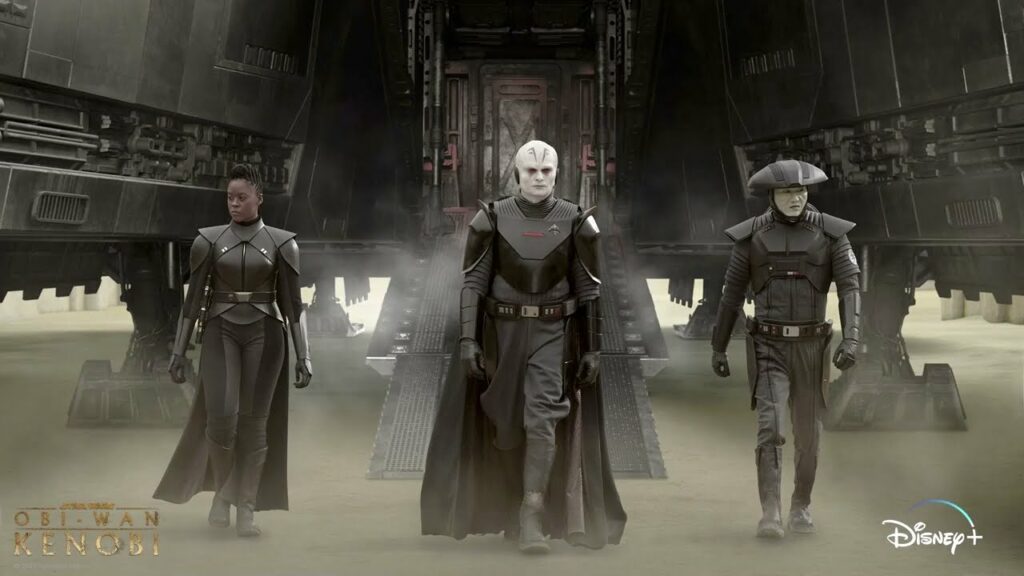
The Third Sister, Reva, is the most prominent of the Inquisitors but spends more time in conflict with her cohorts than with our heroes. She’s reckless and impatient, interrogates civilians with brutal tactics, including cutting off hands. Yet it’s not Kenobi who takes issue with this, it’s all the other Inquisitors. I don’t like that they think she goes too far. They’re all bad guys! They all should be cutting off hands. In Rebels and Tales of the Empire, the Inquisitors are brutal, murdering anyone who gets in their way. Here they care far too much about rules. There should be infighting and competition, sure, but they just come across as incompetent and silly, complaining that Reva is too brutal.
Reva should have been on her own, a single Inquisitor, for the first couple of episodes so she could actually be a threat, and then meet up with the others when she heads to Fortress Inquisitorius in the third episode. As it stands, Reva is all bluster at the start of the show, actress Moses Ingram being given little to do but generic dark side toiling when the character could support better drama. I do like Ingram in quieter moments, though. Her “I don’t need you to” when Haja refuses to talk is chilling. And while many complained about the Grand Inquisitor when the show premiered, I don’t mind the portrayal. I wish he was better utilised, and I prefer Jason Issacs, but Rupert Friend gives a fun pantomime performance, and the smaller head is understandable given the translation from animation to live action. Shame the fake death plot was awkward given Rebels viewers know he survives.
I remember having big issues with the look of this show but, returning after two years, I was pleasantly surprised at first with the visuals. Deborah Chow’s direction is decent for the most part, although the shaky cam, which appears then disappears, in scenes of both action and dialogue, is a choice I strongly dislike. Part I looks good. I like the very washed-out look of Tatooine; it fits the location and mood. By comparison, I love seeing Alderaan so bright. It’s neat to build a connection to the place to make its eventual destruction all the more devasting. However Daiyu in Part II is less impressive. It’s a cool neon-lit location but it marks the beginning of the show’s issues with shooting on the video wall soundstage – The Volume. Daiyu should be sprawling but it just feels like a huge wide stage, with no props or mise en scene in the centre, surrounded with obvious screens. I know Covid restrictions hurt with both hiring extras and location shooting but it looks poor.
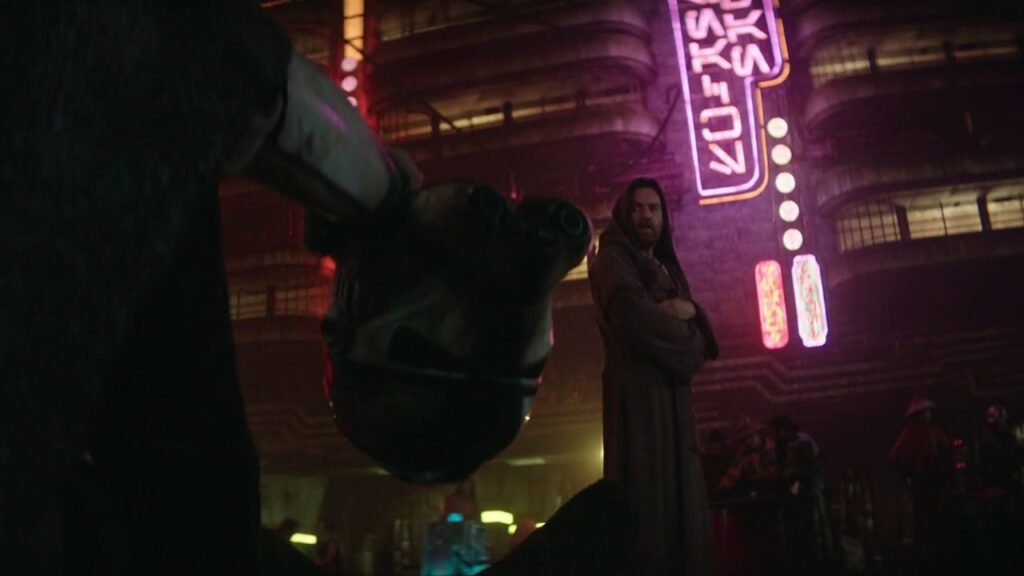
Daiyu does allow Kenobi to engage in a noir-feeling investigation, Attack of the Clones style, which I do appreciate. But after the enjoyably slow premiere, Part II moves too fast. I wish there was more of Kenobi out of his depth, suddenly yanked from the desolate desert and put in a city, learning how to ‘Jedi’ again. More examination of his trauma, like a TV show offers over a movie, but it moves too quickly. Kenobi encountering a clone could be a great side story but instead is one brief, but meaningful, moment. And, to be completely hypocritical regarding what I wrote earlier, I like Kumail Nanjiani as con artist Haja. He works for me where other comedic actors fail and, as well as being a funny bit, his scene brings out the real Jedi in Kenobi as he confronts a fake.
Part II ends well. Less so with all the John Wick bounty hunters getting activated, that was done better in The Mandalorian and I wish they felt like characters rather than just designs, but Kenobi discovering that Vader lives is a great moment. That’s the story I wanted from this show, filling in a gap in the canon but mainly dealing with the unfinished character conflict and trauma of Kenobi thinking his apprentice’s turn to the dark side and then death were his fault. McGregor is great in that moment of realisation. I also love that the series doesn’t forget about Padmé. Leia is her daughter as well as Anakin’s, and Kenobi talking about her maintains the importance of a character too often ignored.
Obi-Wan Kenobi gets off to a solid start with its first two episodes. There are issues, to be sure, with the execution of the stagecraft, action scenes, and the villains, but looking back I think the episodes are underrated. Or, at least, I’m more positive on them than I once was. The story and characterisation of Obi-Wan and Leia are strong, matched by the performances, and Part I in particular takes advantage of being a television show over a movie, spending time with Kenobi’s struggle. I’ll be back soon with a discussion of the third and fourth episodes, which have their highlights but ultimately feel much, much messier.





